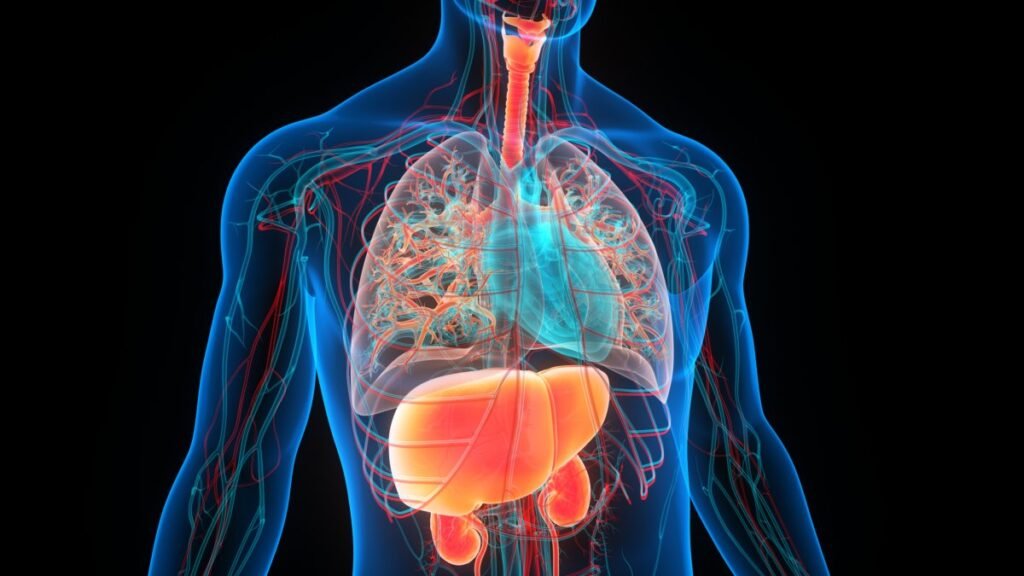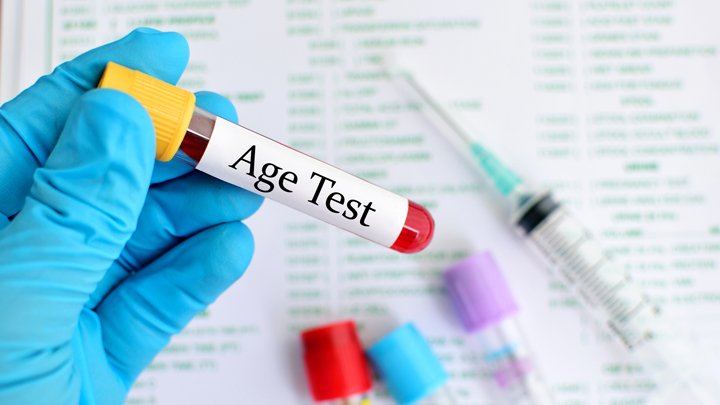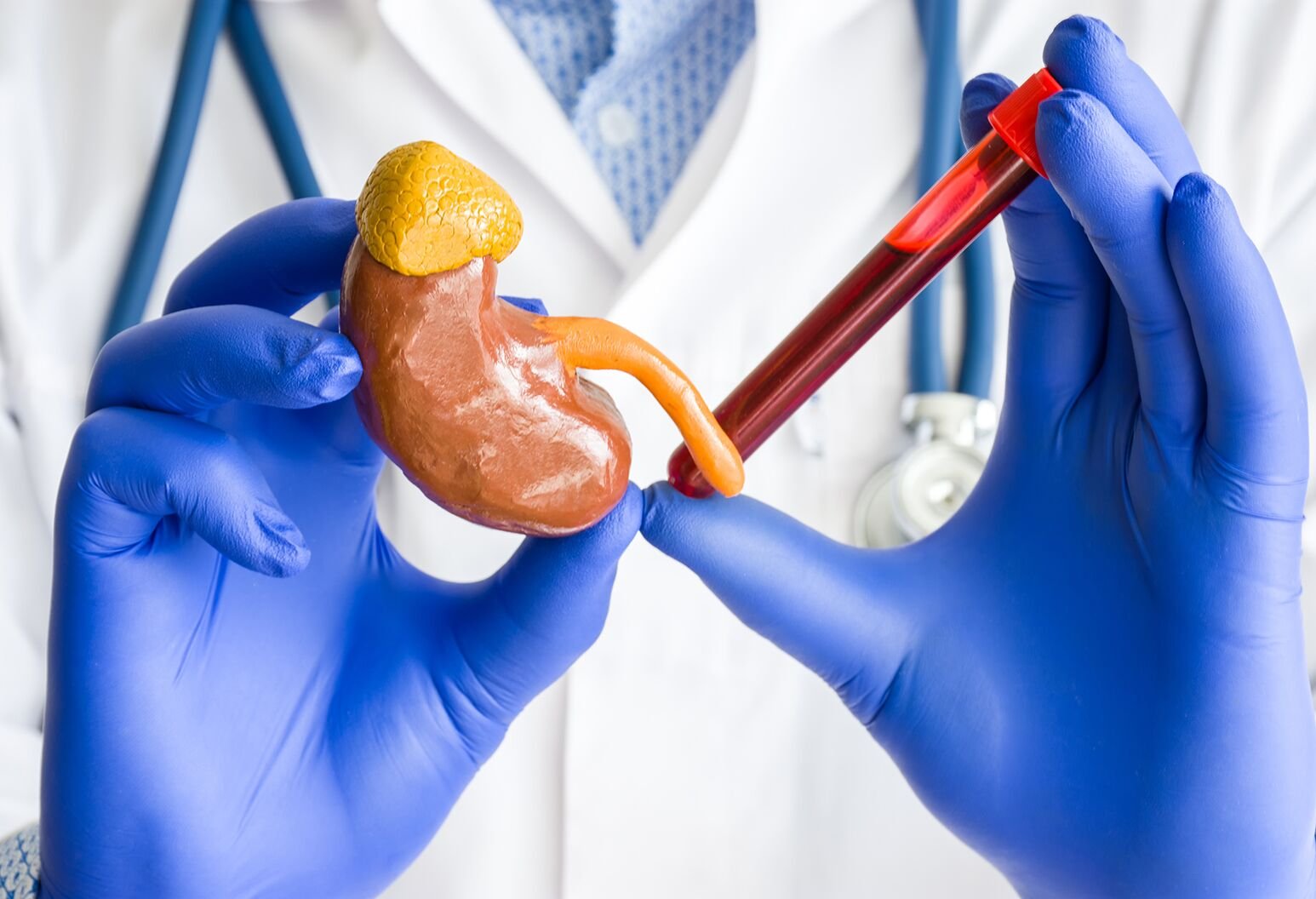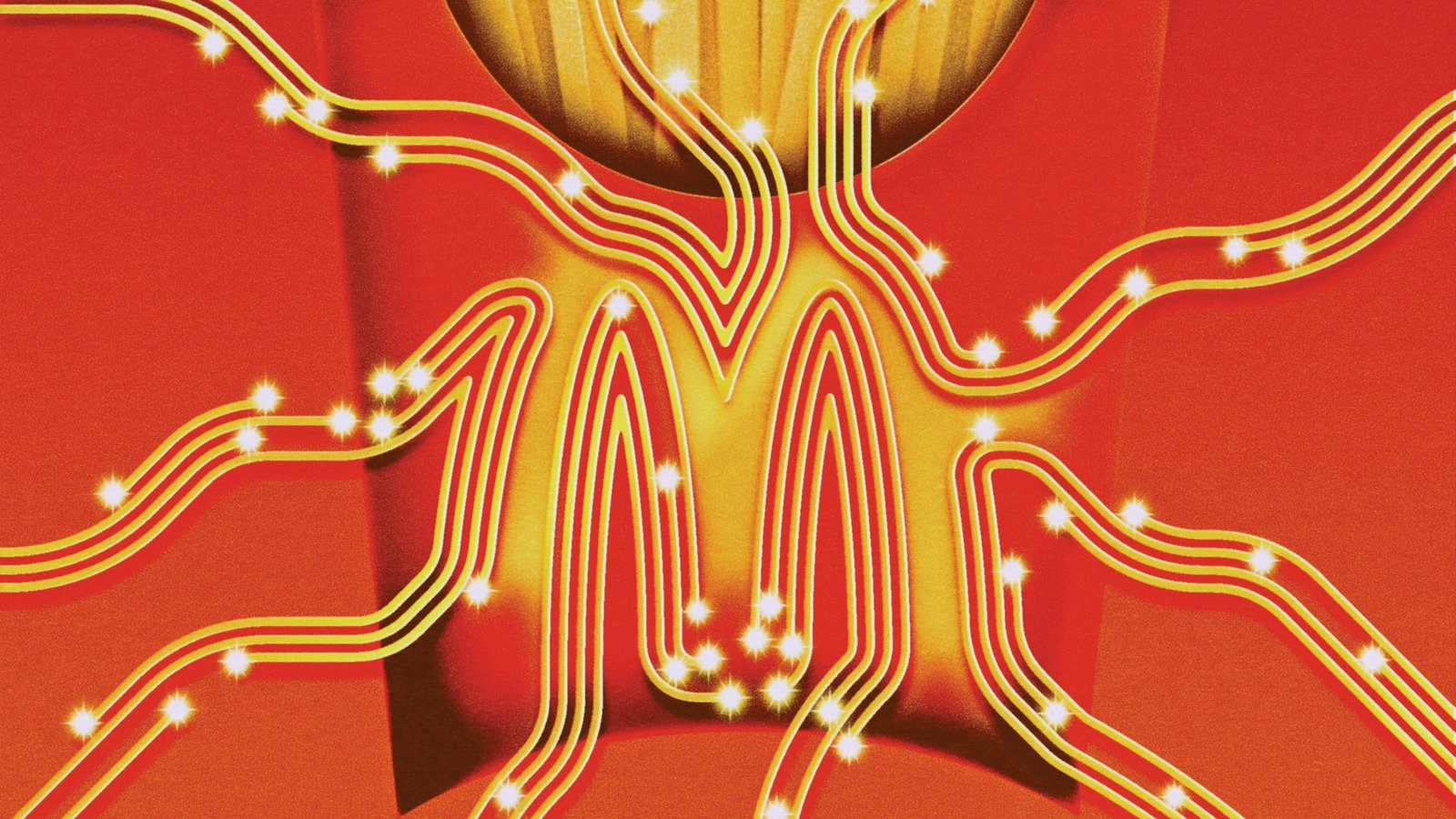Blood test shows if organs are aging fast or slow
According to new research, blood test shows if organs are aging fast or slow and even scientists can predict which organs might fail soon.
Stanford University researchers claim to be able to monitor 11 major body parts including the heart, brain, and lungs. They tested it on thousands of adults mostly in their forties and fifties.
According to the results, one in every five reasonably healthy persons aged 50 and up has at least one fast-aging organ. Furthermore, one to two out of every hundred people may have numerous organs that test older than their birthday years.
While the thought of the checkup may be frightening, The researchers believe it could be an opportunity to intervene and reverse the condition.
The researchers write in the journal Nature that knowing which organs are rapidly failing could help reveal what health issues are on the horizon.

Organ age research details
For example, an old-for-its-time-heart raises the chance of heart failure. However, a quickly aging brain may be more prone to dementia. In the research study, having one or more organs that are rapidly aging was connected to an increased risk of certain diseases and death over the next 15 years.
Researchers checked blood tests for thousands of protein levels to determine which organs are aging at various rates. The pattern of proteins discovered appeared to be organ-specific.
The researchers built a machine-learning algorithm using a large number of blood tests and patient data to generate the results.

One of the researchers Dr. Tony Wyss-Coray explained the procedure. He said when they compared each of the biological ages of these organs for each individual with its counterparts among a larger group of people without obvious severe disease.
They found that 18.4% of those aged 50 or older had at least one organ aging significantly faster than the average. Researchers found those people at a higher risk of sickness in that organ in the next 15 years.
Stanford University has now submitted paperwork to register for the test that can be utilized and marketed in the future. Before that, there is a need for more research to determine how accurate it is at predicting organ age and health.
Read More:
- Sea creature turns into a baby when it is stressed out showing time travel
- Realme Narzo 70 Turbo 5G launch date, features, specifications & price
- European Space Agency printed 3D metal part in space for first time
- Earth’s mysterious Alaska triangle where over 20,000 people disappeared
- Philips Hue launched a new smart lighting solution for kitchen
- NASA to launch life-searching spacecraft to Jupiter’s moon Europa
Share this content:










Post Comment